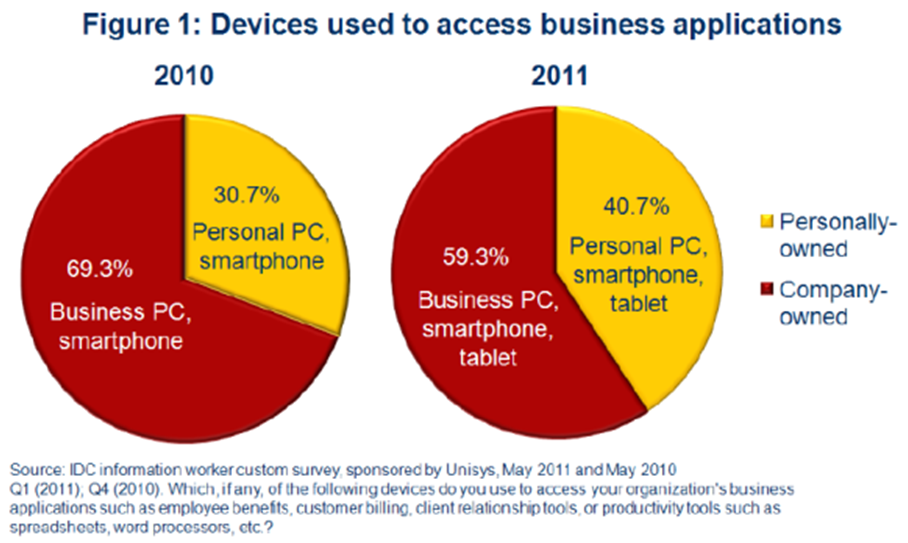Will the coming era of cloud-based apps and mobile access change the channel business? It seems impossible to believe otherwise. The telecom channel is not the same as the information technology channel or the independent sales organizations that historically sell point of purchase systems to retailers.
But none of those channel businesses are completely different. And there are some decade-long changes that could indicate where the telecom channel could shift.
In March 2001, for example, Cisco changed its compensation to channel partners in ways that shifted from “volume” of sales to a “value” model. Under the new system, partners were rewarded for identifying opportunities for channel value-add, architecting channel programs to enable channel value-add, and tying financial rewards to value-add channel activities.
“Channel partners are doing a good job of transitioning to software and services, that is where the growth is coming from," argued Canalys CEO Steve Brazier.
In a telecom channel context, the similar shift will be from basic “broadband access” to hosted services, including IP PBX (News - Alert), SIP trunking, security, backup and emergency restoration and hosted business applications, for example.
For similar reasons, many service providers are creating and wanting their channel partners to sell data center hosting. Sometimes that includes hosting business servers in a secure data center, but more frequently these days, is linked to the sale of a line of business application such as Salesforce.com (News  - Alert).
- Alert).
There are other important changes as well. Not all tools used by a business are sold by a service provider or information technology firm. Smartphones and tablets are among the devices commonly used at businesses of all sizes and types, but not purchased directly from a VAR, telecom reseller or other channel partner.
Some 90 percent of executives report their employees use their own devices and apps at work, while 91 percent of C-title executives say they half “half” the staff required to manage the use of consumer technologies.
Studies by IDC show that most workers, for example, use their own technology at work.

So part of the value proposition supplied by any channel partner, application or service provider entity is the amount of knowledge the point of sale personnel have about how to integrate and use the IT and communications services to the best advantage with consumer devices routinely used in the workplace.
Note the change: in the past, any supplier would be expected to support the technologies it sold. Now, who is responsible for technologies nobody sells to businesses? Nobody.
So there are at least two ways any communications agency or service supplier can add more value: help businesses integrate iPads, iPhones and Android (News - Alert) smartphones into the rest of the communication tools a business buys.
Security always is a top concern. So one opportunity is helping businesses secure mobile or untethered devices used on access and Wi-Fi networks.
Not every business owner will know that on-premises devices can use Wi-Fi to save on data plan costs, or how to configure a smartphone to consume less battery power.
The point is that cloud computing changes nearly everything. Today, companies make money selling and supporting a limited range of products. But the business buyer’s need is to support those tools and others that its own employees pay for and use.
So “support what you don’t sell” becomes a possible new business opportunity and value proposition.
Edited by Braden Becker
